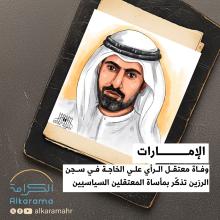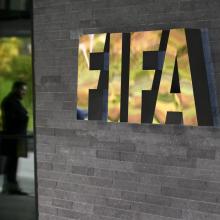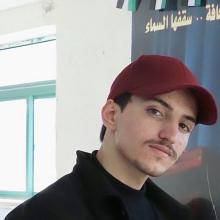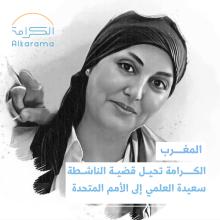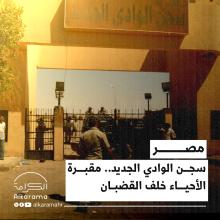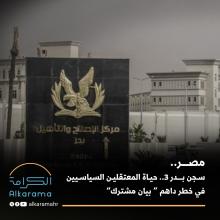Freedoms of peaceful assembly and association are enshrined in article 20 of the Universal Declaration of Human Rights (UDHR), as well as articles 21 and 22 of the International Covenant on Civil and Political Rights (ICCPR). Freedom of peaceful assembly is the individual right to take part in peaceful gatherings such as a demonstrations or public meetings. The right to freedom of association is the right of everyone to meet, form or join societies, clubs, unions or political parties in order to pursue a specific interest.
Both articles 21 and 22 of the ICCPR state that: “No restrictions may be placed on the exercise of this right other than those imposed in conformity with the law and which are necessary in a democratic society in the interests of national security or public safety, public order, the protection of public health or morals or the protection of the rights and freedoms of others.”
Despite the fact that international law provides for a strict interpretation for these limitations of freedom of assembly and association, Arab States often use “national security”, “public order” or the “protection of morals” as a pretext to completely deny these rights by passing restrictive laws. Peaceful demonstrations are either forbidden or violently repressed and protestors arbitrarily arrested and prosecuted. Moreover, the creation of associations is often closely controlled by governments through restrictive laws and procedures. Associations or NGOs established in order to protect the rights and interests of citizens are routinely forbidden and their members prosecuted.
The Special Rapporteur on the rights to freedom of peaceful assembly and of association (SR FPAA) monitors the respect of those rights in all countries and ensure that laws and restrictions applicable on the creation of associations and organisation of demonstrations are in line with international standards.

